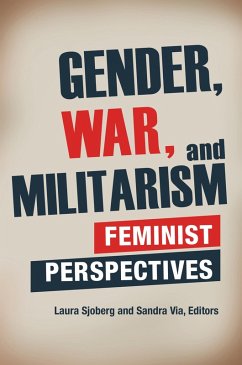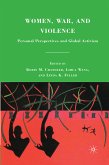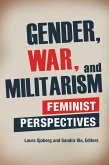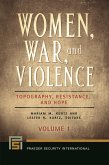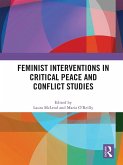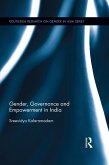This compelling, interdisciplinary compilation of essays documents the extensive, intersubjective relationships between gender, war, and militarism in 21st-century global politics.
Feminist scholars have long contended that war and militarism are fundamentally gendered. Gender, War, and Militarism: Feminist Perspectives provides empirical evidence, theoretical innovation, and interdisciplinary conversation on the topic, while explicitly-and uniquely-considering the links between gender, war, and militarism. Essentially an interdisciplinary conversation between scholars studying gender in political science, anthropology, and sociology, the essays here all turn their attention to the same questions. How are war and militarism gendered?
Seventeen innovative explanations of different intersections of the gendering of global politics and global conflict examine the theoretical relationship between gender, militarization, and security; the deployment of gender and sexuality in times of conflict; sexual violence in war and conflict; post-conflict reconstruction; and gender and militarism in media and literary accounts of war. Together, these essays make a coherent argument that reveals that, although it takes different forms, gendering is a constant feature of 21st-century militarism.
Feminist scholars have long contended that war and militarism are fundamentally gendered. Gender, War, and Militarism: Feminist Perspectives provides empirical evidence, theoretical innovation, and interdisciplinary conversation on the topic, while explicitly-and uniquely-considering the links between gender, war, and militarism. Essentially an interdisciplinary conversation between scholars studying gender in political science, anthropology, and sociology, the essays here all turn their attention to the same questions. How are war and militarism gendered?
Seventeen innovative explanations of different intersections of the gendering of global politics and global conflict examine the theoretical relationship between gender, militarization, and security; the deployment of gender and sexuality in times of conflict; sexual violence in war and conflict; post-conflict reconstruction; and gender and militarism in media and literary accounts of war. Together, these essays make a coherent argument that reveals that, although it takes different forms, gendering is a constant feature of 21st-century militarism.

